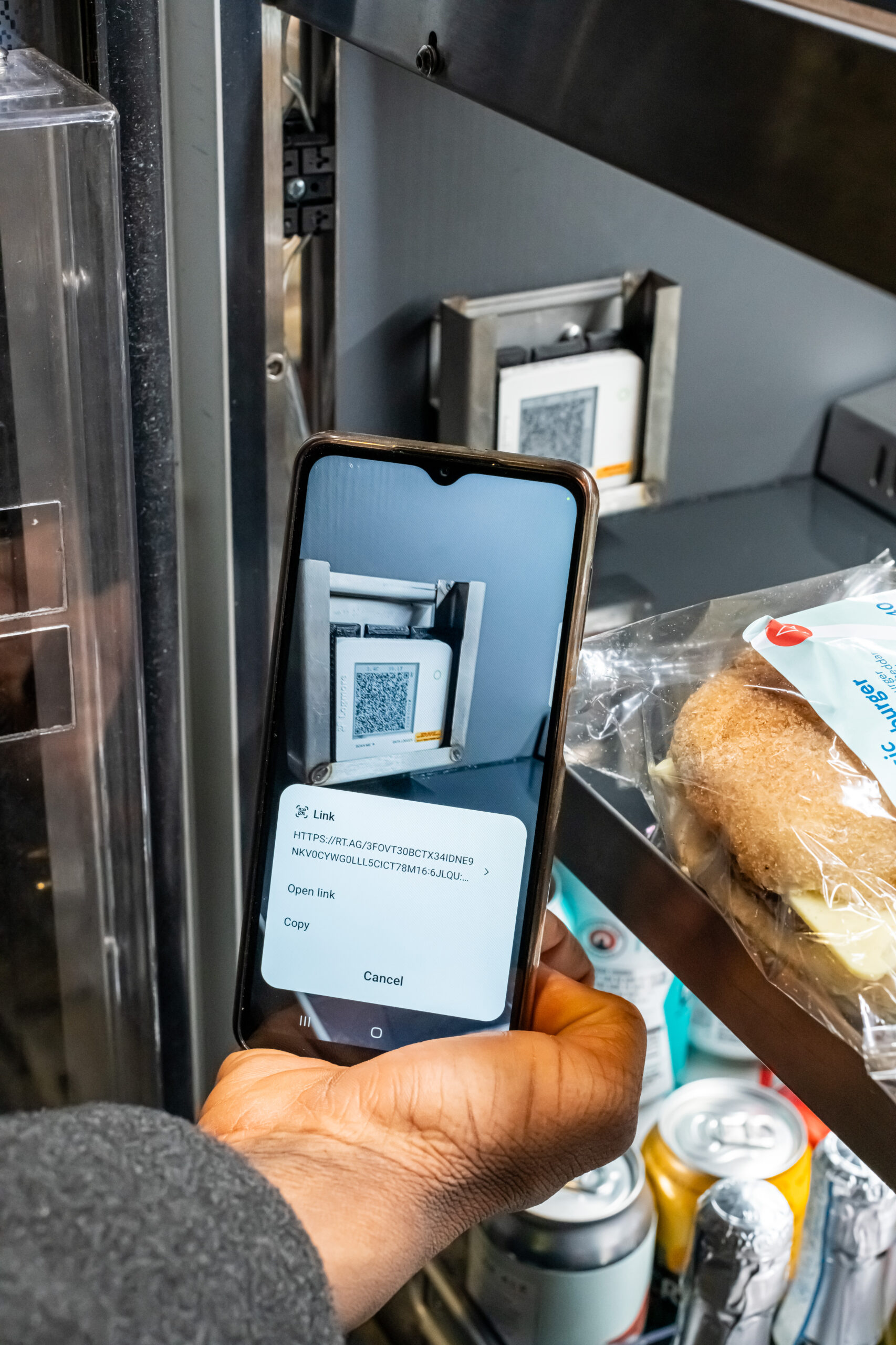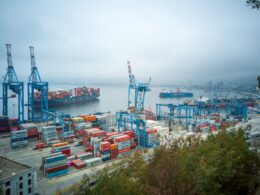Assuring the integrity and quality of your products and services is the best way to protect your brand image and reputation. In today’s global market, customers from around the corner and across the continent will return to buy goods and services when their previous experiences with those goods are positive.
This is also backed up by research which suggests that connecting with a user’s positive emotions is the strongest factor in the previous customers decision to place repeat purchases with a company. When they experience the benefits of your product and determine that the value they receive is high, they will return. When their ease of purchasing (inventory review is easy, and they access safe and secure financial portals), they will return. And, not inconsequentially, when your reputation is good, they feel even better about returning to your “store” over and over again, and telling their friends that they do so.
Supply Chain Integrity is Crucial for Success:
To maintain customer satisfaction, every international marketer must rely on the integrity of the manufacturing supply chain as a critical aspect of enterprise reputation. However, even in these days of constant product recalls and disasters, many enterprises fail to adequately evaluate or protect the integrity of the sources they access throughout their global supplier systems. Many international producers prioritize shareholder value in the short term and rely on lower costs of materials and labour to boost their economic bottom line. Without a dedicated strategy to address potential risks to their customer’s experience, however, short-sighted decisions like these actually risk the very existence of the enterprise itself.
Mega-Corporations Experience Mega-Failures:
International automotive manufacturers offer surprising examples of how poor product sourcing and oversight can cause expensive, possibly ruinous results in the markets:
General Motors (GM):
In 2014, the American auto giant GM was forced to recall over 6 million cars worldwide due to faulty ignition switches. Over the 10+ years in which the switches were in operation, 13 people were killed, and hundreds more were injured when their cars turned off while on the road, disabling braking and steering capacities. The wrongful death and personal injury lawsuit costs alone threaten to swamp the company – GM faces hundreds of lawsuits brought by individual victims. Those cases are still pending even after GM paid US $900 million to the US Justice Department to resolve potential criminal charges and another US $575 million to end a shareholder suit.
Toyota:
The Japanese behemoth also had to recall millions of cars affected by allegedly defective gas pedals. In 2014, the car manufacturer paid millions of dollars in settlement fees to injured and wrongful death victims/consumers whose vehicles experienced sudden, uncontrolled acceleration. In addition, the company paid US $1.2 billion to the US Department of Justice (also to resolve potential criminal charges). Because the case is still in the resolution stages, the true cost to Toyota and its shareholders is not yet known.
Volkswagen (VW):
This recently-revealed deception has apparently victimized all creatures that rely on clean air to survive. For an unknown amount of time, VW has been installing “defeat devices” in millions of its diesel-fueled vehicles to understate the harmful emissions of nitrous oxides (NOx) they exhaust. With the devices in place, the cars were secretly emitting as much as 40 times the permitted levels of NOx. The devices were outlawed by the European Union in 2007.
As if the environmental calamity isn’t bad enough, there is another stunning revelation stemming from this disaster. Of the seven largest European countries with extensive car manufacturing industries, only one (Italy) has declared that its regulators had carried out “some” testing of emissions systems. Germany, Spain, Slovakia and the Czech Republic said they had done none, and Britain and France were unable to comment at all.
Lessons to Learn:
If these international mega corporations are unable/unwilling to assure the quality of their products, what can a smaller enterprise do to avoid disastrous events like these? First thing: learn from their mistakes:
- Immediately Acknowledge Errors or Ommissions and Correct the Problems:
In the cases of Toyota and GM, when the failures were first reported, management had the opportunity to immediately intervene in manufacturing systems to identify and repair the problem. Doing so would have saved hundreds of lives and millions of dollars. Instead, and for unknown reasons, the companies elected to leave the apparently failing systems in place, to their great detriment. In the case of Volkswagen, the devices may have been in place in the manufacturing system prior to their banning. Company administration may have neglected to revise systems accordingly.
- Recognize the Potential for Intentional Manipulation of Manufacturing Processes:
Both GM and Toyota had been receiving complaints for years about the challenges posed by their products, but they failed to address those challenges when they first appeared. While case confidentiality prohibits the release of exact details, the potential criminal aspects of those two cases may have involved intentional deception by corporate executives regarding the potential threats to consumers by the defective products.
The Volkswagen case is too new to know if there is a criminal aspect in executive activities. However, considering that the problem had gone on for so long, it seems likely that that the auto manufacturer followed its American and Japanese counterparts down a disastrous, potentially enterprise-ending path.
- Don’t Rely on Regulators:
Clearly, the VW case underscores the reality that today’s regulatory systems are often inadequate to identify safety concerns in every product on the market.
The “Failure to Evaluate Risks” Creates Risks of its Own:
Even with these global-sized manufacturing disasters being routine news, many enterprises still do not take the time to evaluate or manage the supply chain risks to which their goods and services are exposed. That failure of comprehension (and the subsequent failure to plan disaster mitigation strategies) has probably lead to the exodus of thousands of customers (actual and potential), and been the cause of many instances of corporate demise.
Diligence is Required:
Your enterprise is dependent on continuing consumer engagement with the high quality and integrity of your goods, no matter where their materials or manufacturing processes are located. The best way to maintain that engagement is to strategically and intentionally ensure quality sourcing and manufacturing at every stage of the production process.
For some further reading:
https://vantagecompliance.com/manufacturing-compromises-can-ruin-your-brand/
http://www.gmignitionupdate.com/product/public/us/en/GMIgnitionUpdate/index.html
http://www.claimsjournal.com/news/national/2015/09/21/265845.htm
http://www.ft.com/cms/s/0/03cdb23a-6758-11e5-a57f-21b88f7d973f.html













